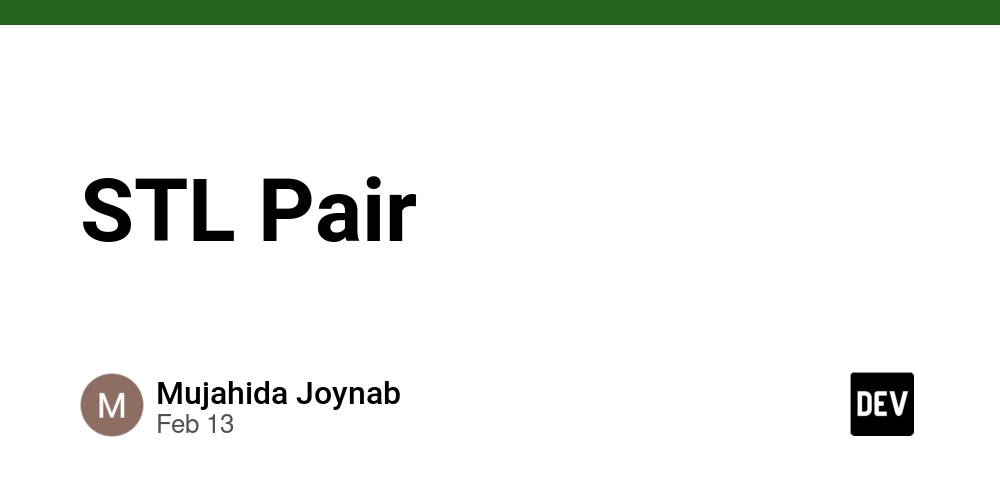The Evolution of Knowledge Work: A Comprehensive Guide to Agentic Retrieval-Augmented Generation (RAG)
Full Article Note : Img Src I remember when I first encountered traditional chatbots — they could answer simple questions about store hours or weather forecasts, but stumbled on anything requiring deeper knowledge. Fast forward to today, and we’re witnessing a revolution in how machines understand and process information through Agentic Retrieval-Augmented Generation (RAG). This technology isn’t just about answering questions — it’s about creating thinking partners that can research, analyze, and synthesize information like human experts. Understanding the RAG Revolution Traditional RAG systems work like librarians with photographic memories. Give them a question, and they’ll search their archives to find relevant information, then generate an answer based on what they find. This works well for straightforward queries like “What’s the capital of France?” but falls apart when faced with complex, multi-step problems Agentic RAG represents a fundamental shift. Imagine instead a team of expert researchers who can: Debate different interpretations of your question Consult specialized databases and experts Run computational analyses Synthesize findings from multiple sources Revise their approach based on initial findings Source : https://docs.cohere.com/v2/docs/agentic-rag This is the power of Agentic RAG. I’ve seen implementations that can analyze medical research papers, cross-reference clinical guidelines, and generate personalized treatment recommendations — complete with citations from the latest studies Why Traditional RAG Falls Short In my early experiments with RAG systems, I consistently hit three walls: The Single Source Trap: Basic RAG would often anchor to one relevant document while ignoring contradictory information from other sources Static Reasoning: Systems couldn’t refine their approach based on initial findings Format Limitations: Mixing structured data (like spreadsheets) with unstructured text created inconsistent results A healthcare example illustrates this perfectly. When asked “What’s the best diabetes treatment for elderly patients with kidney issues?”, traditional RAG might: Find one article about diabetes medications Extract dosage information Miss crucial contraindications for kidney patients mentioned in other studies Agentic RAG solves this through its ability to: Recognize when multiple information sources are needed Compare and contrast different sources Validate findings against known medical guidelines Format outputs for different audiences (patients vs. doctors

Note : Img Src
I remember when I first encountered traditional chatbots — they could answer simple questions about store hours or weather forecasts, but stumbled on anything requiring deeper knowledge. Fast forward to today, and we’re witnessing a revolution in how machines understand and process information through Agentic Retrieval-Augmented Generation (RAG). This technology isn’t just about answering questions — it’s about creating thinking partners that can research, analyze, and synthesize information like human experts.
Understanding the RAG Revolution
Traditional RAG systems work like librarians with photographic memories. Give them a question, and they’ll search their archives to find relevant information, then generate an answer based on what they find. This works well for straightforward queries like “What’s the capital of France?” but falls apart when faced with complex, multi-step problems
Agentic RAG represents a fundamental shift. Imagine instead a team of expert researchers who can:
Debate different interpretations of your question
Consult specialized databases and experts
Run computational analyses
Synthesize findings from multiple sources
Revise their approach based on initial findings
Source : https://docs.cohere.com/v2/docs/agentic-rag
This is the power of Agentic RAG. I’ve seen implementations that can analyze medical research papers, cross-reference clinical guidelines, and generate personalized treatment recommendations — complete with citations from the latest studies
Why Traditional RAG Falls Short
In my early experiments with RAG systems, I consistently hit three walls:
The Single Source Trap: Basic RAG would often anchor to one relevant document while ignoring contradictory information from other sources
Static Reasoning: Systems couldn’t refine their approach based on initial findings
Format Limitations: Mixing structured data (like spreadsheets) with unstructured text created inconsistent results
A healthcare example illustrates this perfectly. When asked “What’s the best diabetes treatment for elderly patients with kidney issues?”, traditional RAG might:
Find one article about diabetes medications
Extract dosage information
Miss crucial contraindications for kidney patients mentioned in other studies
Agentic RAG solves this through its ability to:
Recognize when multiple information sources are needed
Compare and contrast different sources
Validate findings against known medical guidelines
Format outputs for different audiences (patients vs. doctors











































































































































































![[The AI Show Episode 142]: ChatGPT’s New Image Generator, Studio Ghibli Craze and Backlash, Gemini 2.5, OpenAI Academy, 4o Updates, Vibe Marketing & xAI Acquires X](https://www.marketingaiinstitute.com/hubfs/ep%20142%20cover.png)















































































































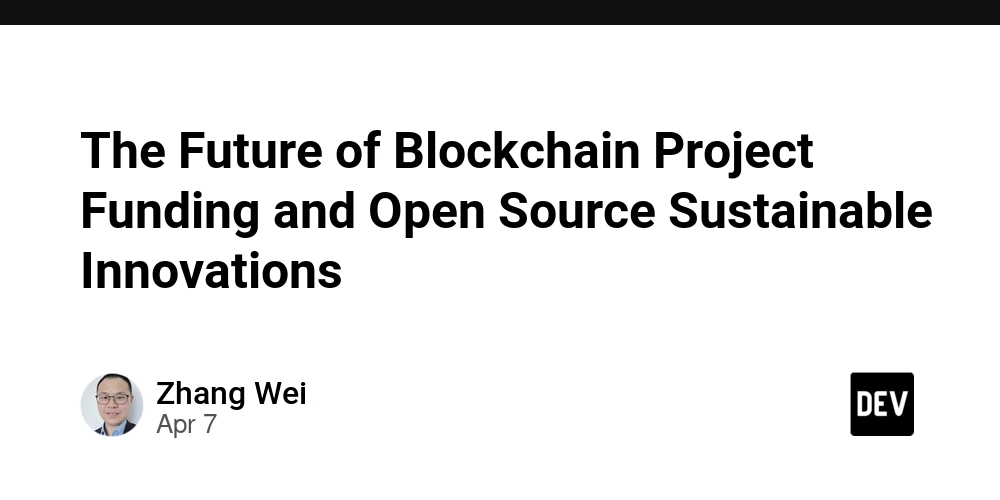
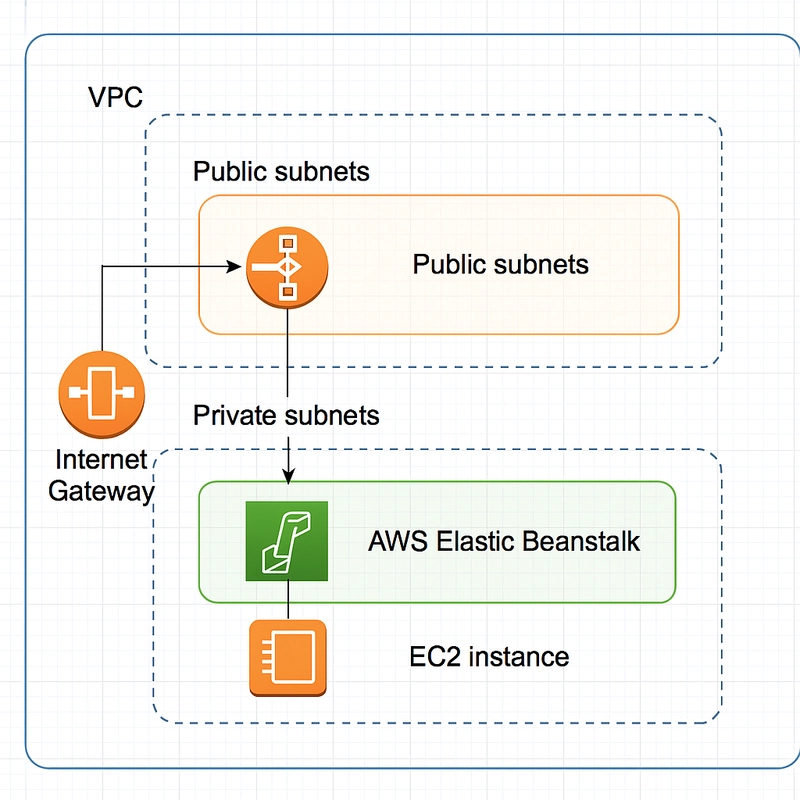
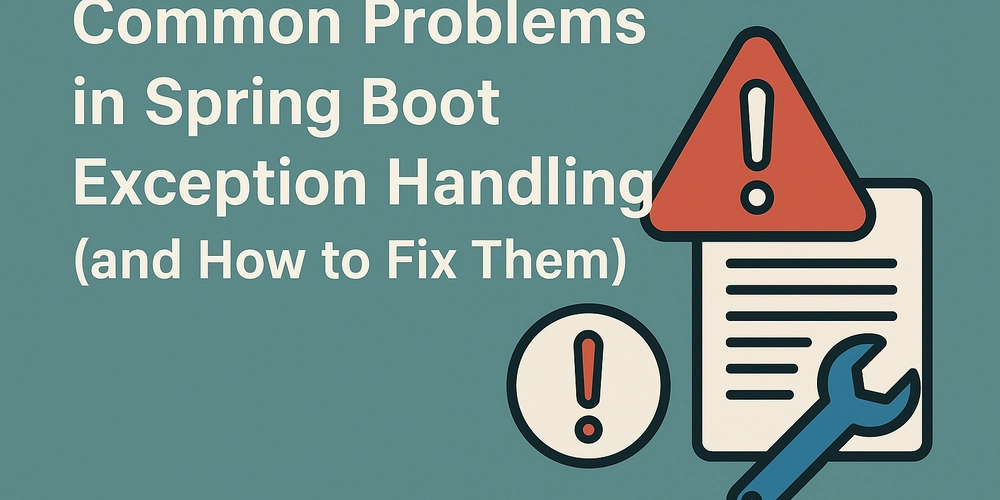
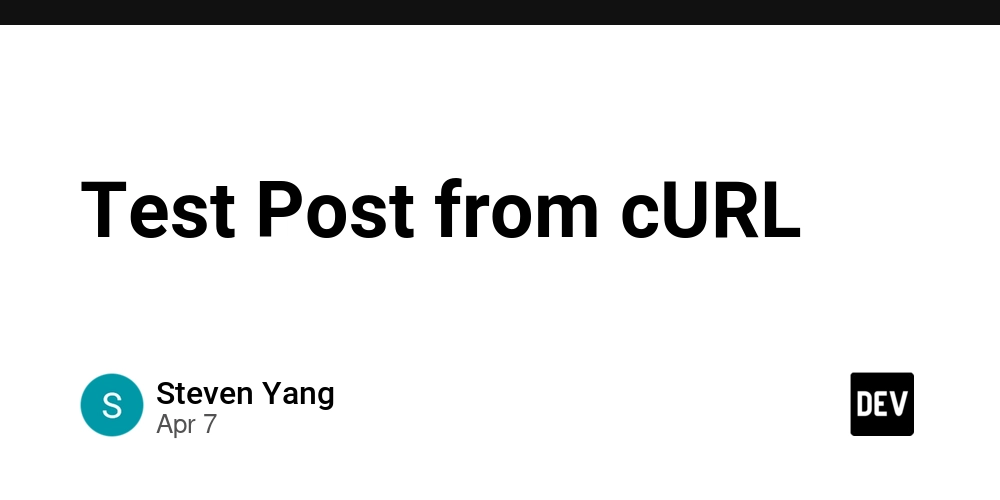









![[DEALS] The Premium Learn to Code Certification Bundle (97% off) & Other Deals Up To 98% Off – Offers End Soon!](https://www.javacodegeeks.com/wp-content/uploads/2012/12/jcg-logo.jpg)


![From drop-out to software architect with Jason Lengstorf [Podcast #167]](https://cdn.hashnode.com/res/hashnode/image/upload/v1743796461357/f3d19cd7-e6f5-4d7c-8bfc-eb974bc8da68.png?#)








































































































.png?#)

































_Christophe_Coat_Alamy.jpg?#)
 (1).webp?#)





































































































![Apple Considers Delaying Smart Home Hub Until 2026 [Gurman]](https://www.iclarified.com/images/news/96946/96946/96946-640.jpg)
![iPhone 17 Pro Won't Feature Two-Toned Back [Gurman]](https://www.iclarified.com/images/news/96944/96944/96944-640.jpg)
![Tariffs Threaten Apple's $999 iPhone Price Point in the U.S. [Gurman]](https://www.iclarified.com/images/news/96943/96943/96943-640.jpg)

































































































































